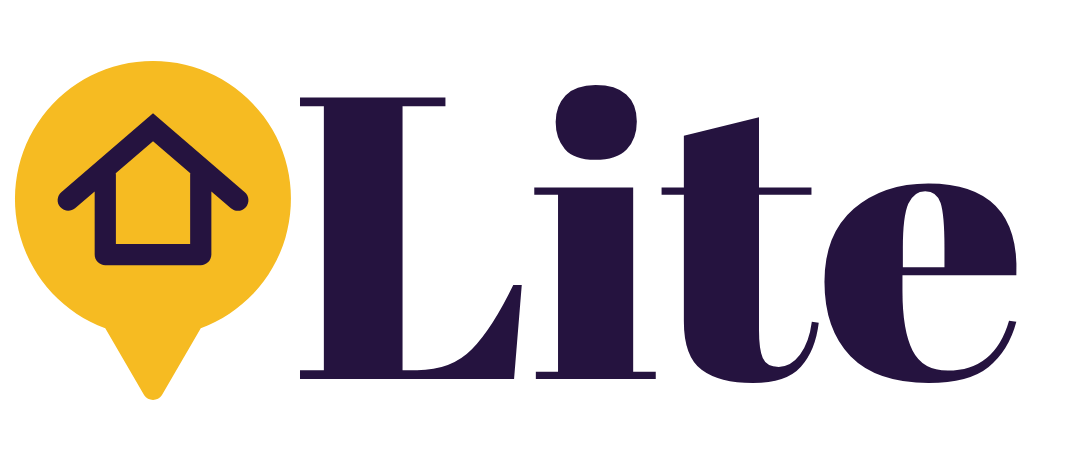An Agreement in Principle (AIP)—also known as a Decision in Principle (DIP) or Mortgage in Principle (MIP)—is a preliminary indication of how much a lender may be willing to lend you based on an initial financial assessment.
Purpose: Helps you understand your borrowing potential before making an offer on a property.
How to Get an AIP: You provide basic financial details (income, employment status, debts), and the lender performs a soft credit check (which does not impact your credit score).
Important Note: An AIP is not a guarantee of a mortgage—it is simply an estimate based on preliminary checks. A full mortgage application is required to secure a formal mortgage offer.
Formal Mortgage Offer
A formal mortgage offer is the lender’s official confirmation that they will provide you with a mortgage. It includes the specific terms and conditions of the loan, such as:
- Loan amount
- Interest rate
- Repayment schedule
- Any special conditions
To receive a mortgage offer, you must complete a full mortgage application. The lender will then conduct:
- A thorough credit check
- Verification of your income & financial documents
- A property valuation
Once the lender is satisfied, they will issue a formal mortgage offer, which moves you one step closer to purchasing your new home.
Is a Mortgage Offer Legally Binding?
No, a mortgage offer is not legally binding. While rare, lenders can withdraw an offer before completion if your financial circumstances change or if new risks arise.
The house-buying process only becomes legally binding at the exchange of contracts stage.
Exchange of Contracts:
- This is when both the buyer and seller commit legally to the transaction.
- If either party pulls out after this stage, they could lose their deposit or face legal action.
- The completion date (when the property officially changes ownership) is set during this stage.
Need more guidance? Our blog on The Conveyancing Process explains this in detail.



